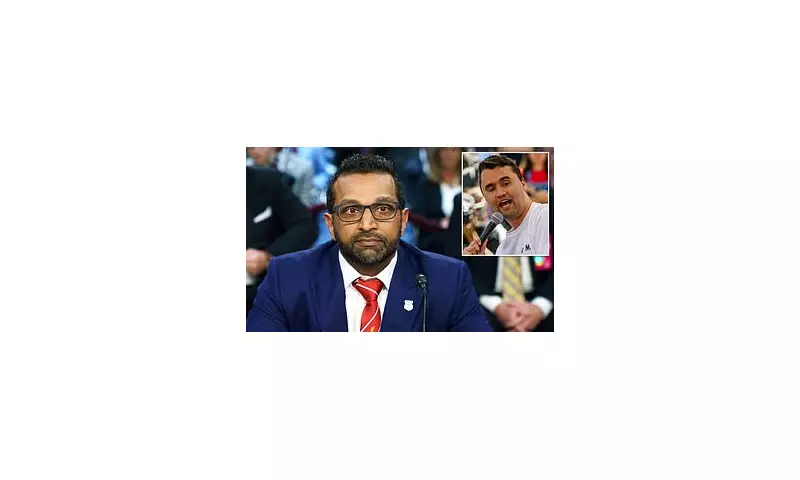
In a bombshell interview that has sent shockwaves through political circles, former Trump administration official Kash Patel has levelled extraordinary accusations against the US intelligence apparatus. Appearing on commentator Charlie Kirk's talk show, Patel alleged that the government's much-touted commitment to transparency is nothing but a carefully constructed lie.
The most startling revelation came when Patel claimed he had been placed on a CIA 'assassination list'—a move he described as retaliation for his work in pursuing government transparency during his tenure at the Pentagon and National Security Council.
'The Ultimate Betrayal': Patel's Chilling Account
Patel, who served as chief of staff to the acting defence secretary under President Trump, provided a chilling account of what he calls 'deep state' tactics aimed at silencing dissenters. 'They put me on the assassination list,' he stated bluntly during the interview. 'They not only put me on the list, but they made it known that I was on the list.'
This claim points to what Patel describes as a systematic effort to intimidate and eliminate threats to the established power structure within intelligence agencies. His comments suggest a level of internal conflict within US security services that far exceeds what has been previously acknowledged publicly.
The Transparency Paradox
Central to Patel's argument is what he calls the 'transparency paradox'—the idea that those who seek to make government more accountable often become targets themselves. 'We were going to release the information to the public that we rightfully should—and they prevented us from doing that at every turn,' he claimed, referring to his time in government service.
His appearance on Kirk's show, which boasts a significant conservative audience, underscores the continuing political divisions surrounding intelligence community activities and government accountability measures.
National Security Implications
These extraordinary claims, if substantiated, would represent one of the most serious allegations against US intelligence agencies in recent history. The notion that agency officials would target former colleagues with lethal intent suggests a breakdown of democratic oversight mechanisms that would alarm national security experts across the political spectrum.
Patel's interview has already sparked fierce debate about the boundaries of government secrecy, the legitimacy of whistleblower protections, and the appropriate oversight of intelligence community activities.
As this story develops, it raises fundamental questions about power, accountability, and the very nature of transparency in modern governance. The allegations demand serious investigation and clear answers from those in positions of authority.





